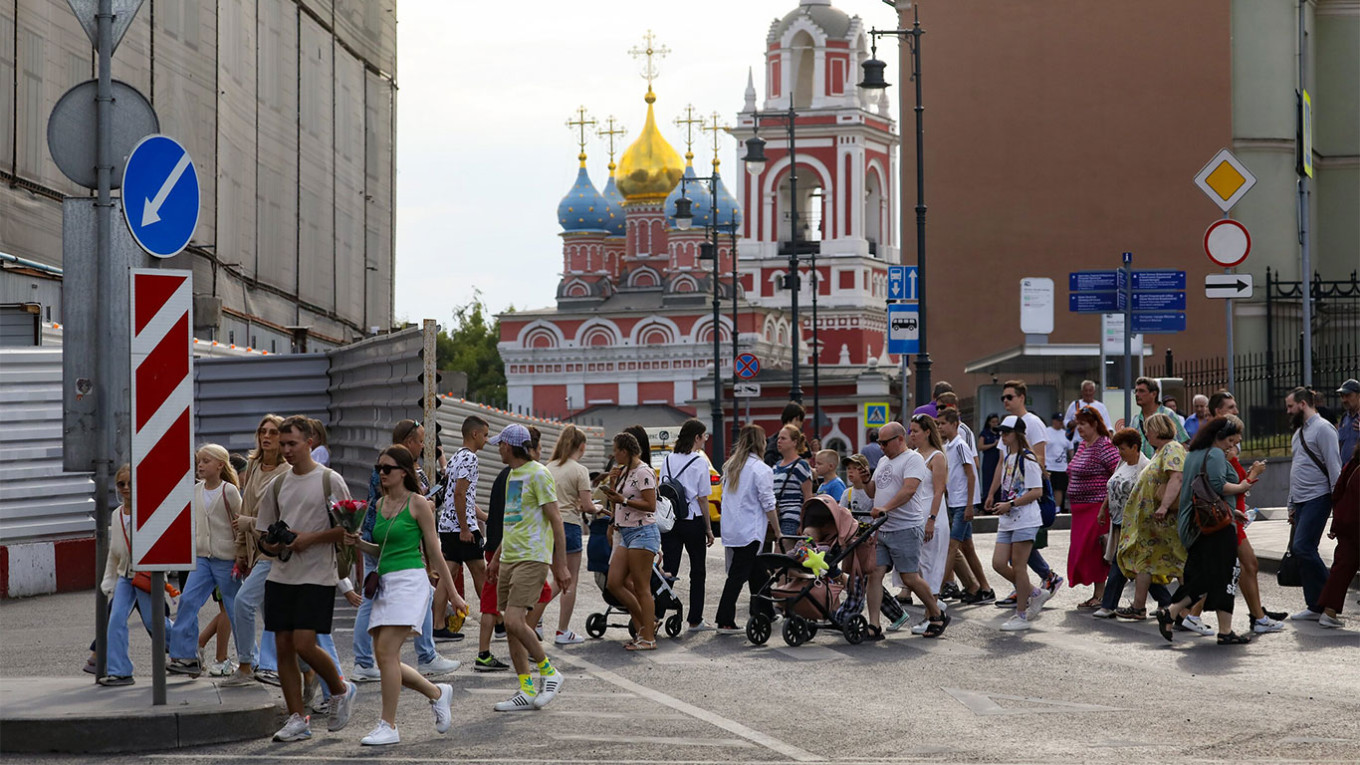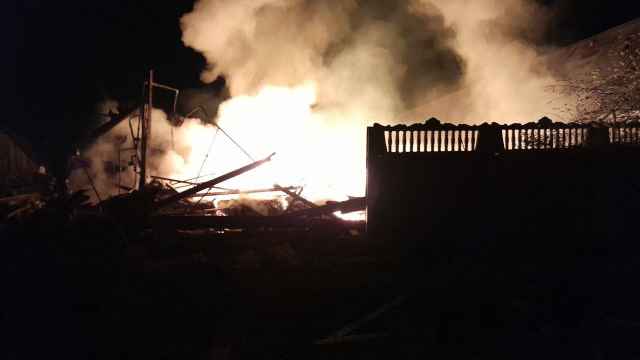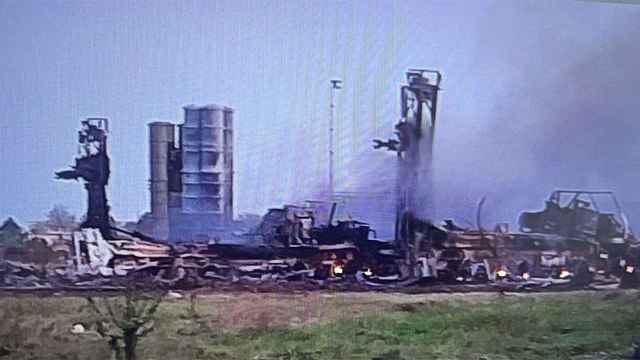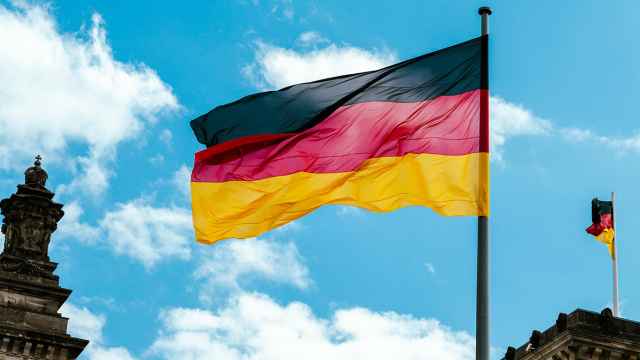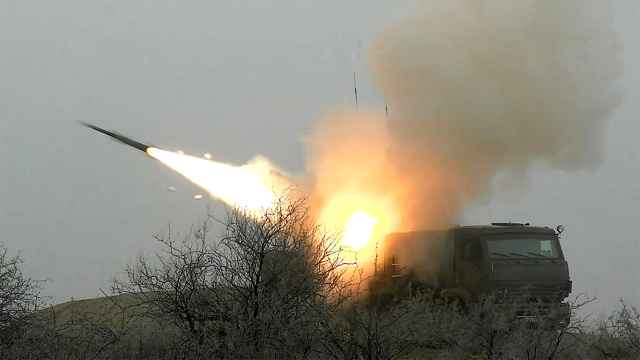Russia’s invasion of Ukraine and its “partial” military mobilization are pushing the country’s population decline to a historic precipice, Bloomberg reported Tuesday.
President Vladimir Putin has made reversing Russia’s demographic crisis a key goal and his government aimed to start stabilizing the country's declining population numbers this year.
Mass war casualties, Putin’s “partial” mobilization of 300,000 reservists and the subsequent mass exodus of Russians abroad have thwarted that goal, Bloomberg reported.
An internal report for a closed-door government meeting held weeks before the “partial” mobilization’s announcement “showed officials were already concluding those targets were unrealistic,” the agency reported.
Combined with falling fertility rates and the long-lasting effects of the 1990s population crisis, independent demographers like Alexei Raksha call the situation “a perfect storm.”
Igor Efremov, a researcher and specialist in demographics at the Gaidar Institute in Moscow, said that Russia may see less than 1.2 million births next year — its lowest birth rate in modern history — if the war continues in the coming months as expected.
“The chief blow to the birth rate will be indirect, because most families will have their planning horizon completely destroyed as a result,” Efremov told Bloomberg. “And the impact will be stronger the longer the mobilization lasts.”
Meanwhile, the handling of the Covid-19 pandemic and the attack on Ukraine have brought Russia’s death rates to their highest level in the country’s modern history.
Although demographic changes are usually observed in the span of decades, Bloomberg said that “the fallout of the invasion is making the worst scenarios more likely.”
“A demographic reckoning has arrived for Russia, its economy starved of young employees and now at risk of stagnation or worse long after the war is over,” Bloomberg wrote.
A Message from The Moscow Times:
Dear readers,
We are facing unprecedented challenges. Russia's Prosecutor General's Office has designated The Moscow Times as an "undesirable" organization, criminalizing our work and putting our staff at risk of prosecution. This follows our earlier unjust labeling as a "foreign agent."
These actions are direct attempts to silence independent journalism in Russia. The authorities claim our work "discredits the decisions of the Russian leadership." We see things differently: we strive to provide accurate, unbiased reporting on Russia.
We, the journalists of The Moscow Times, refuse to be silenced. But to continue our work, we need your help.
Your support, no matter how small, makes a world of difference. If you can, please support us monthly starting from just $2. It's quick to set up, and every contribution makes a significant impact.
By supporting The Moscow Times, you're defending open, independent journalism in the face of repression. Thank you for standing with us.
Remind me later.


